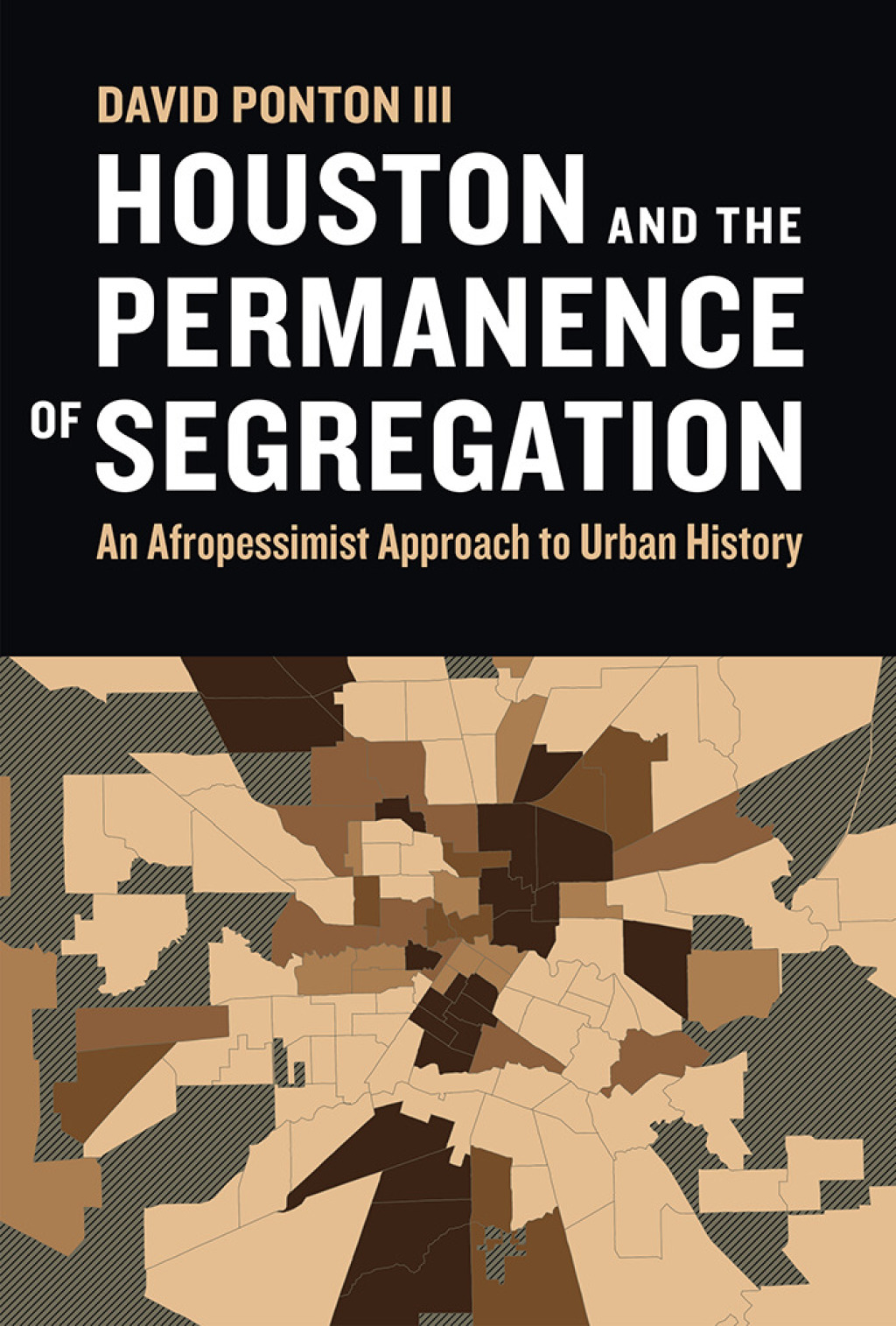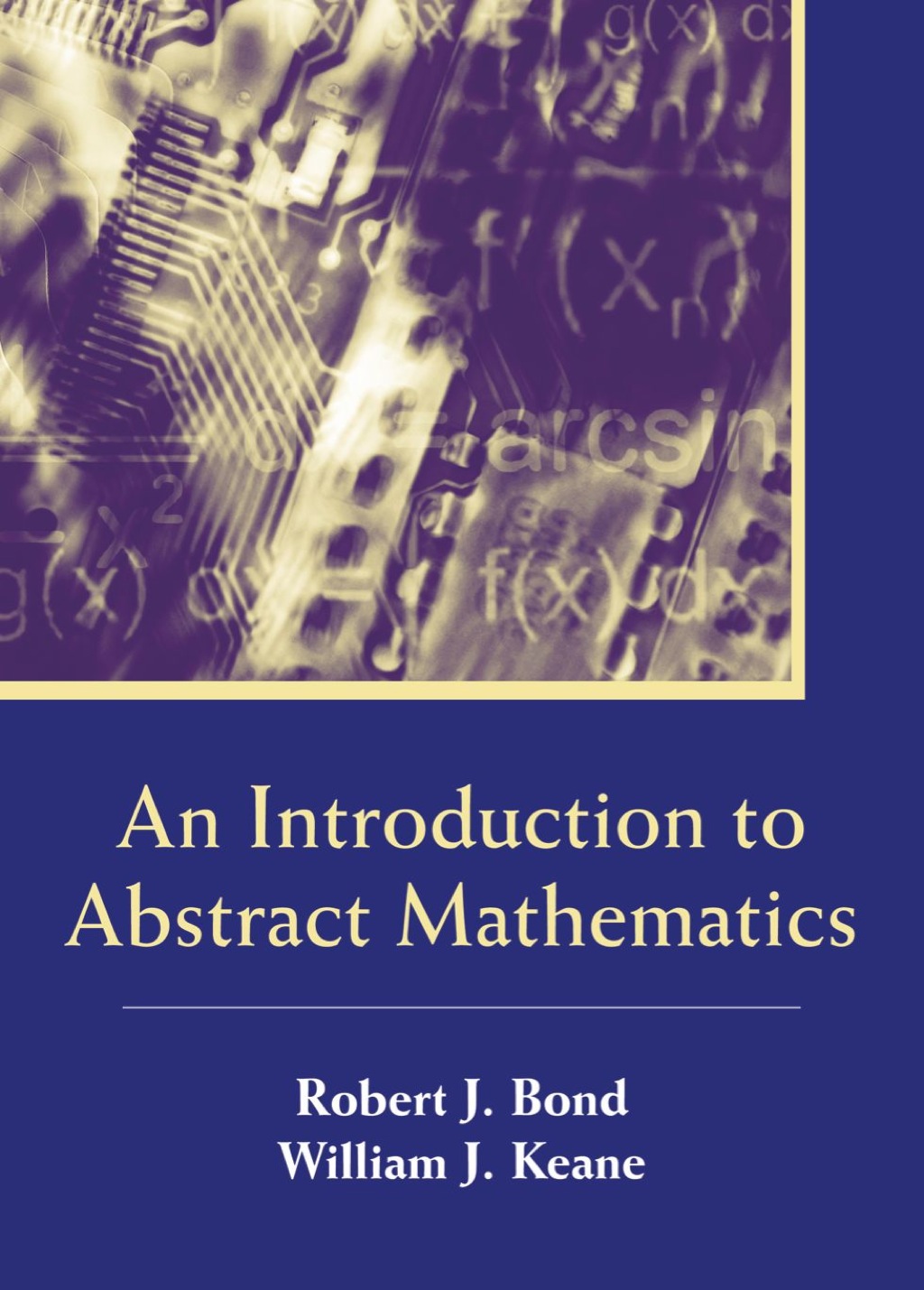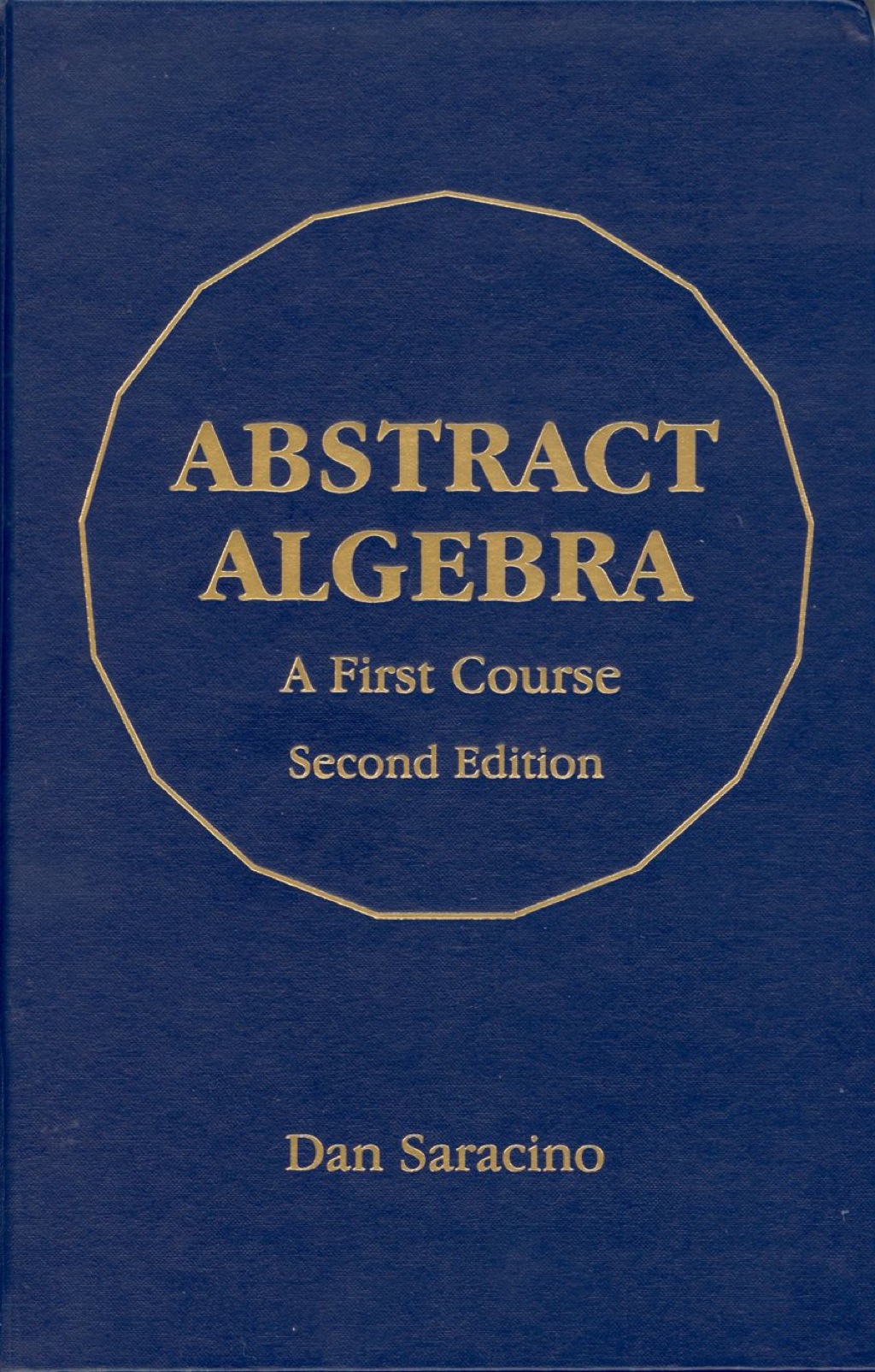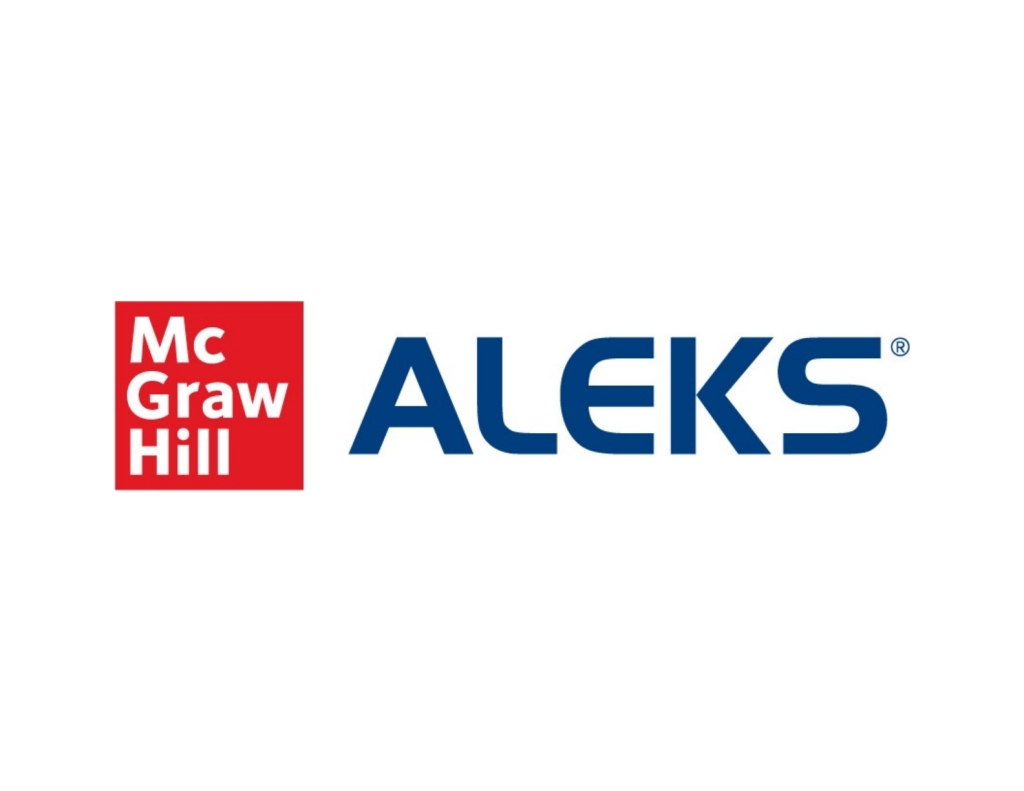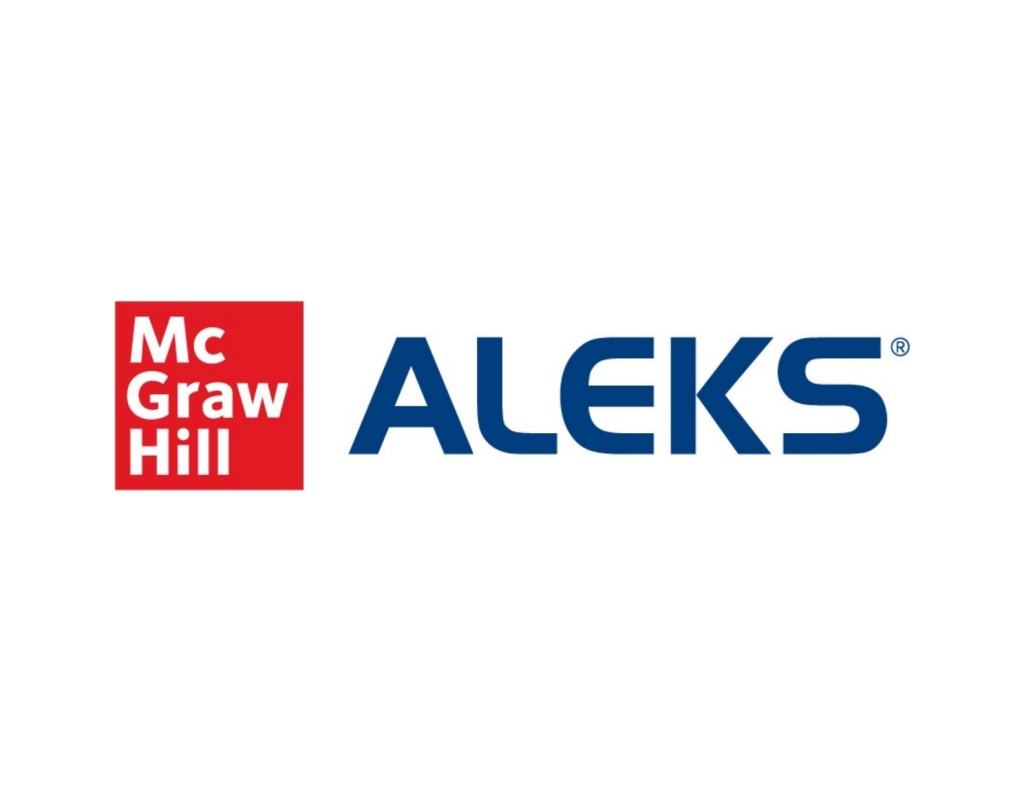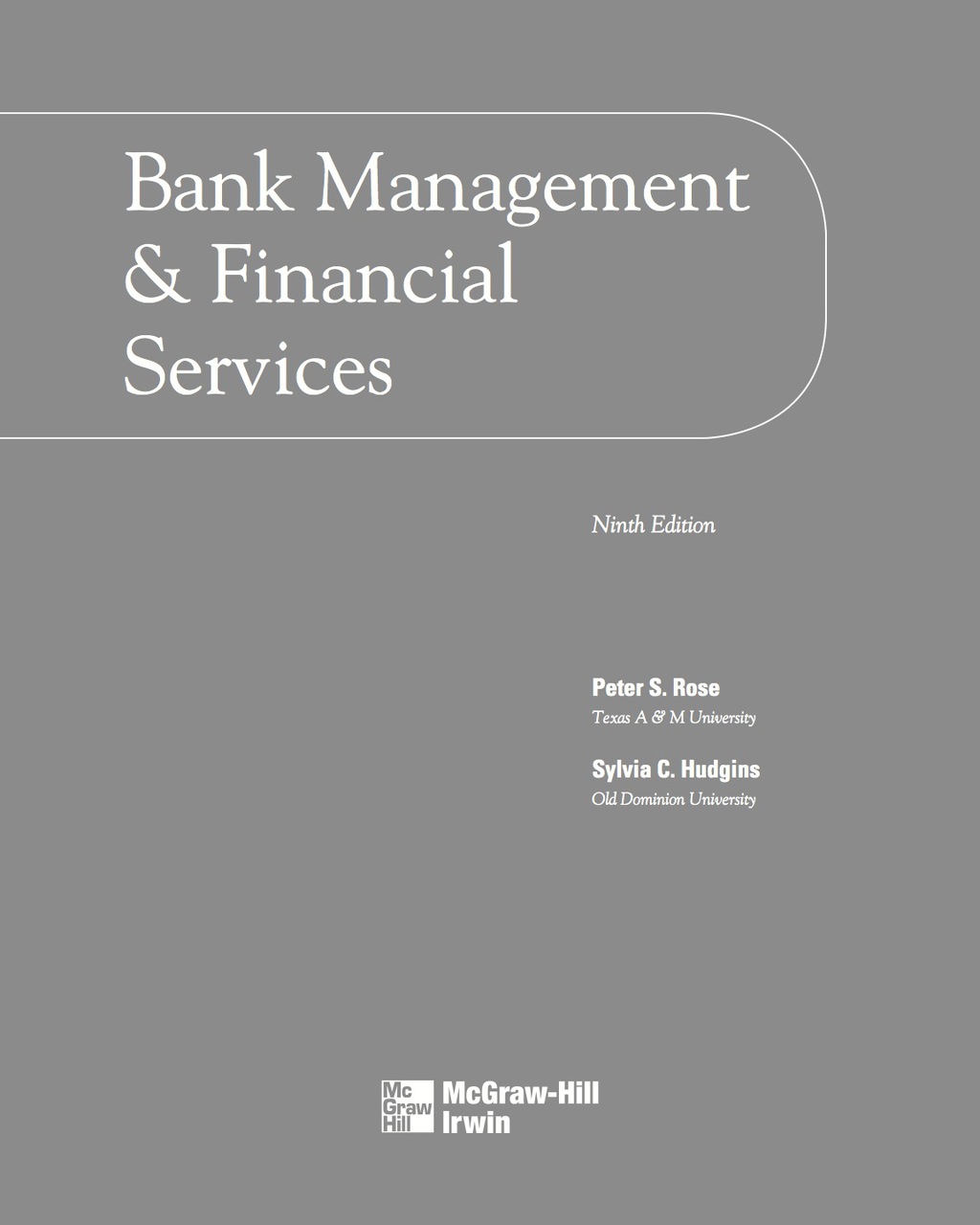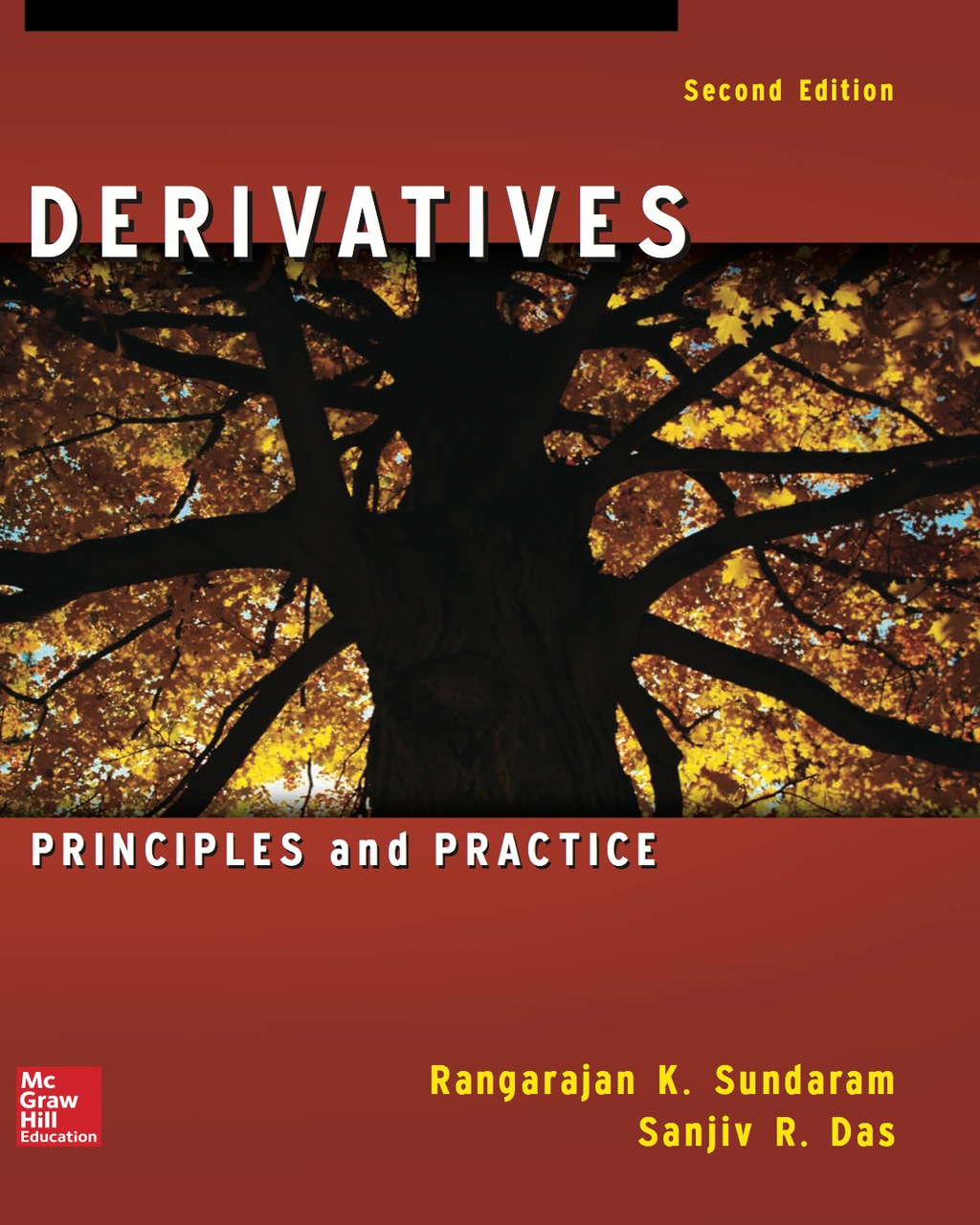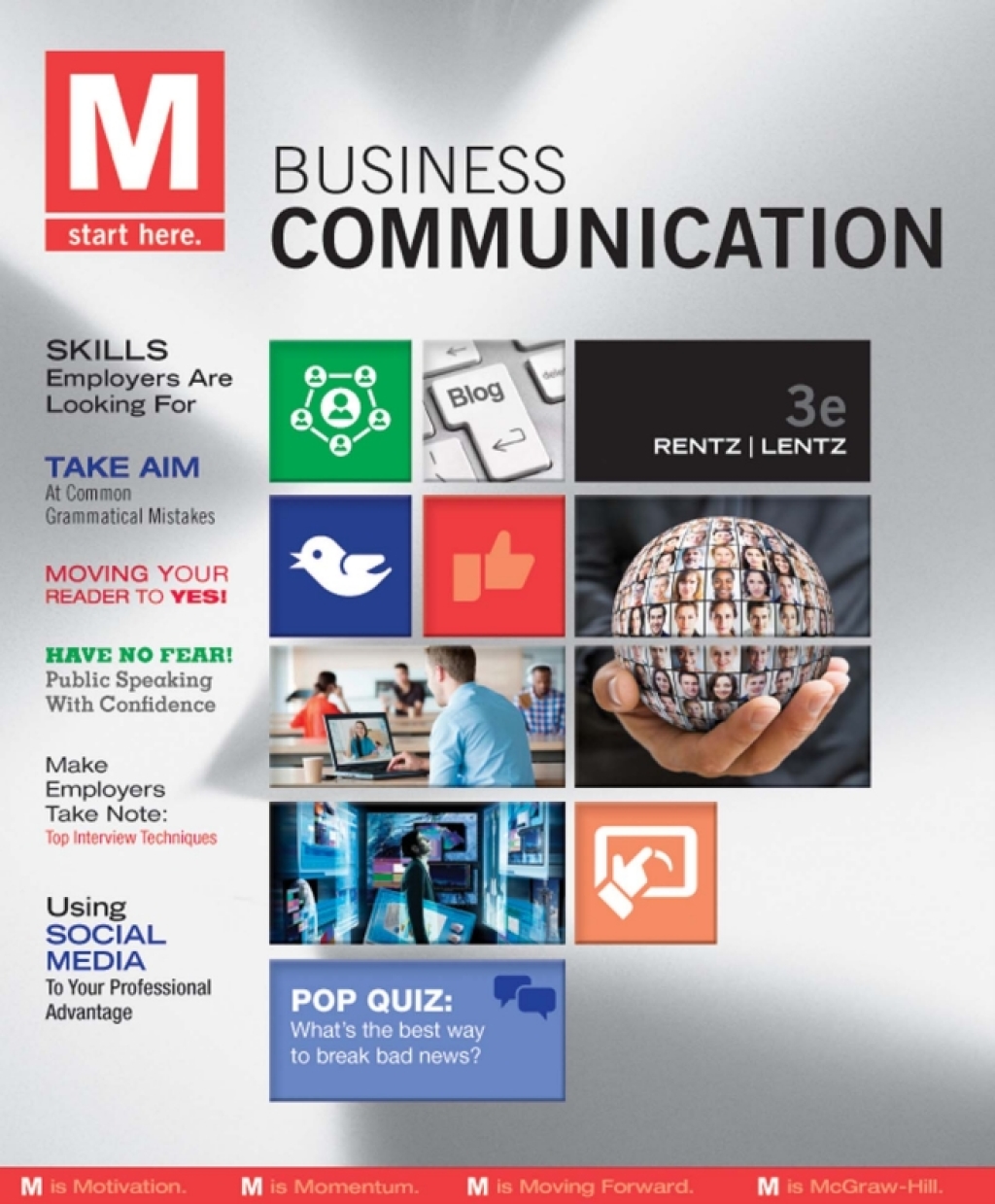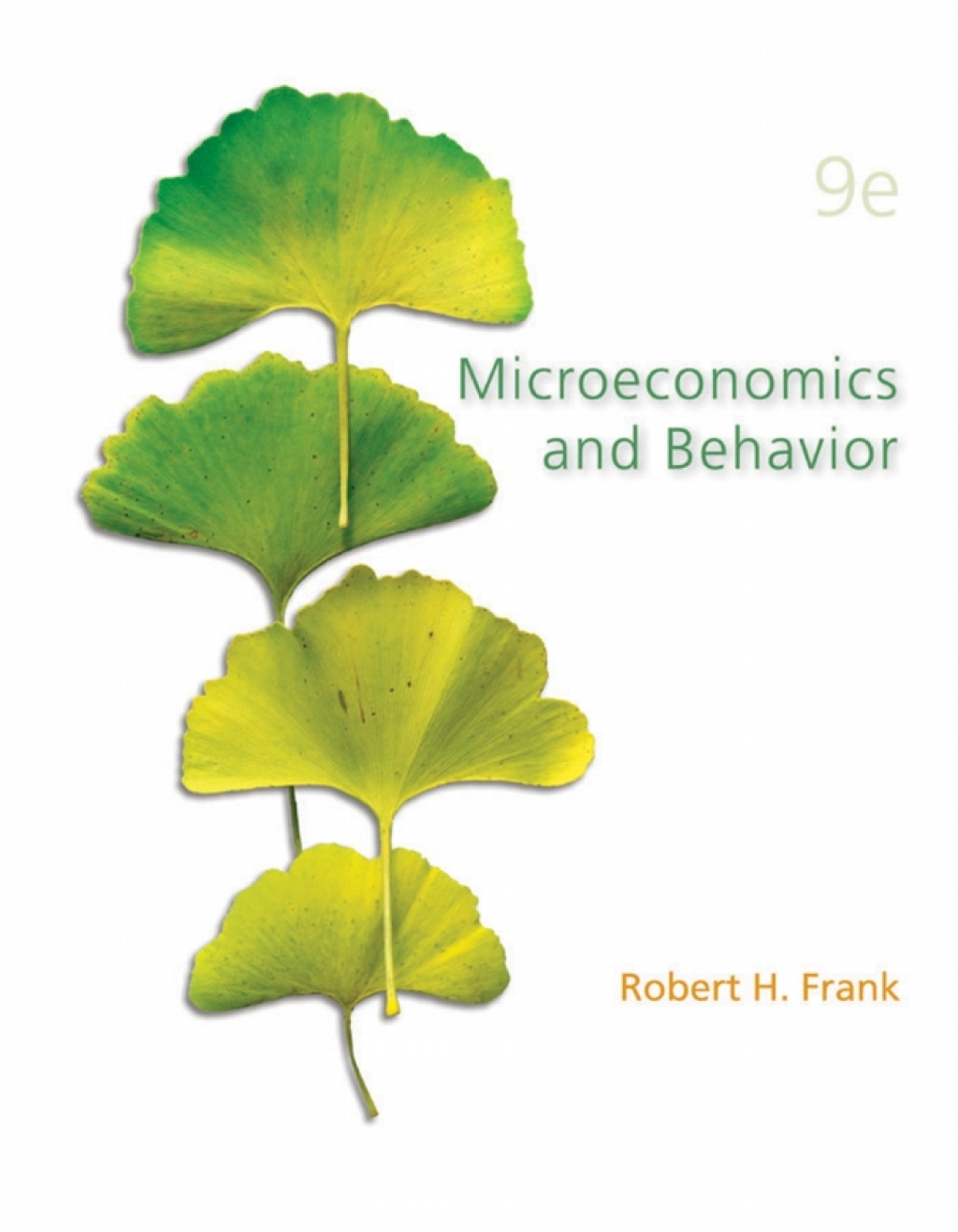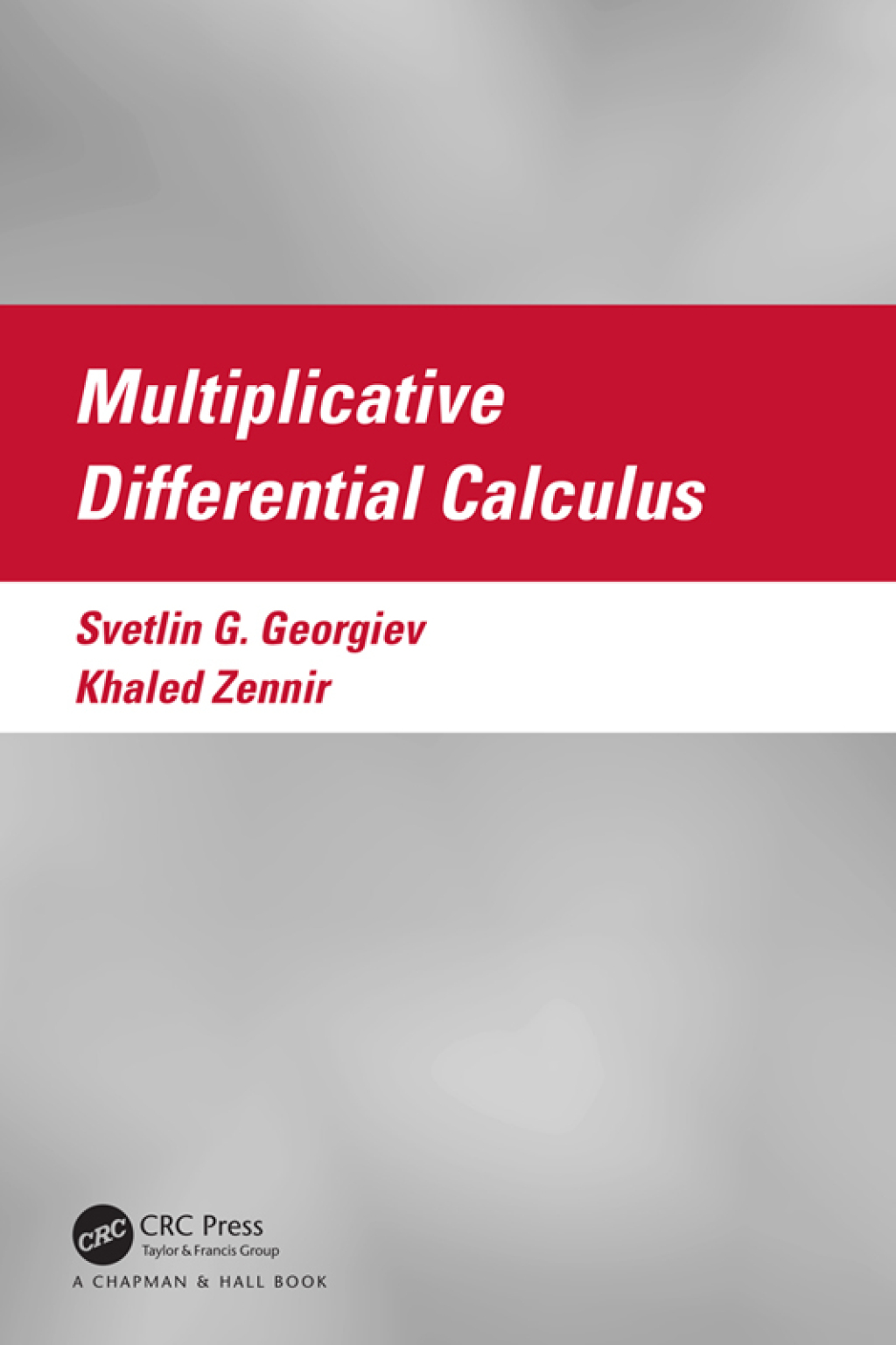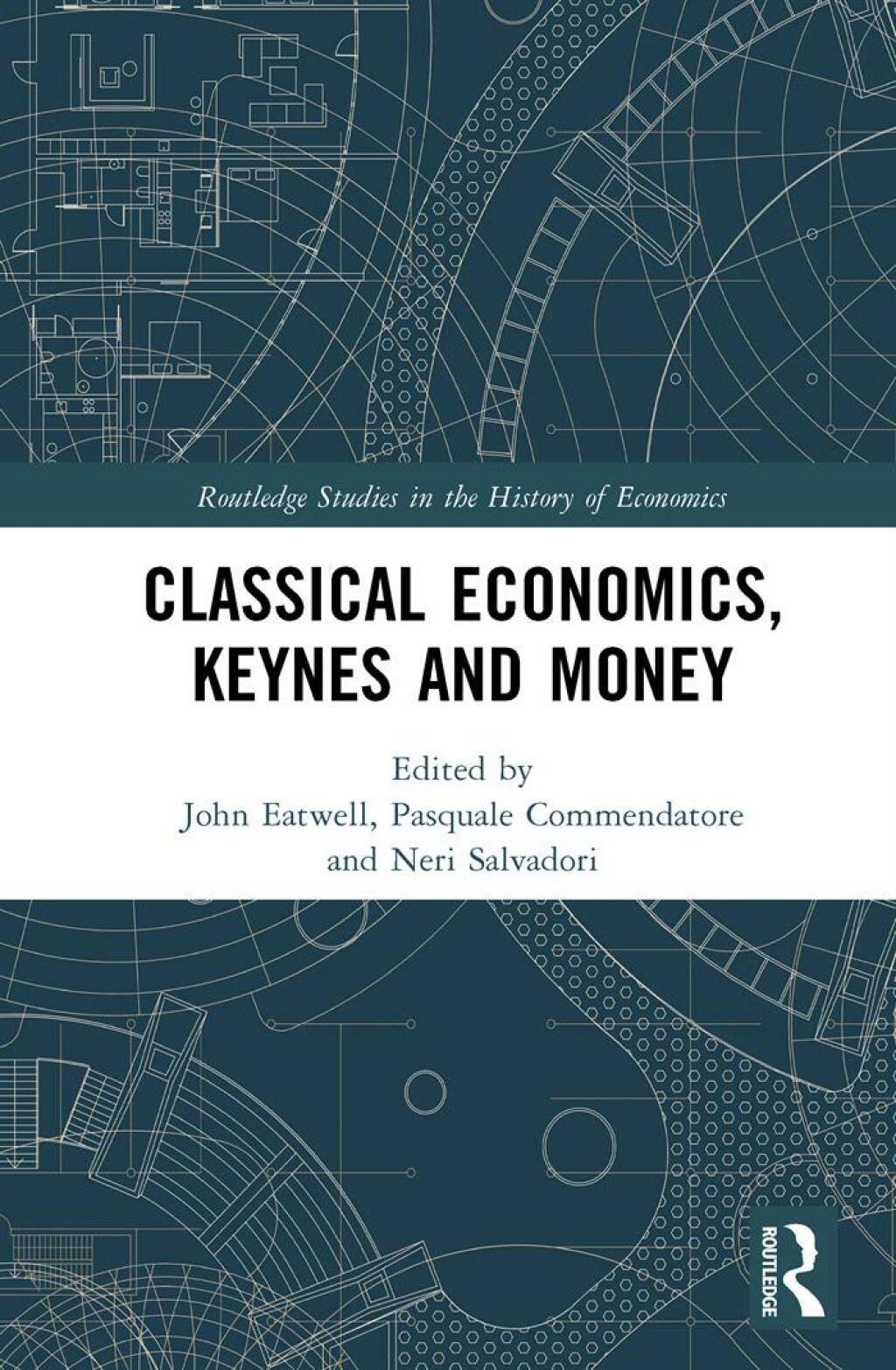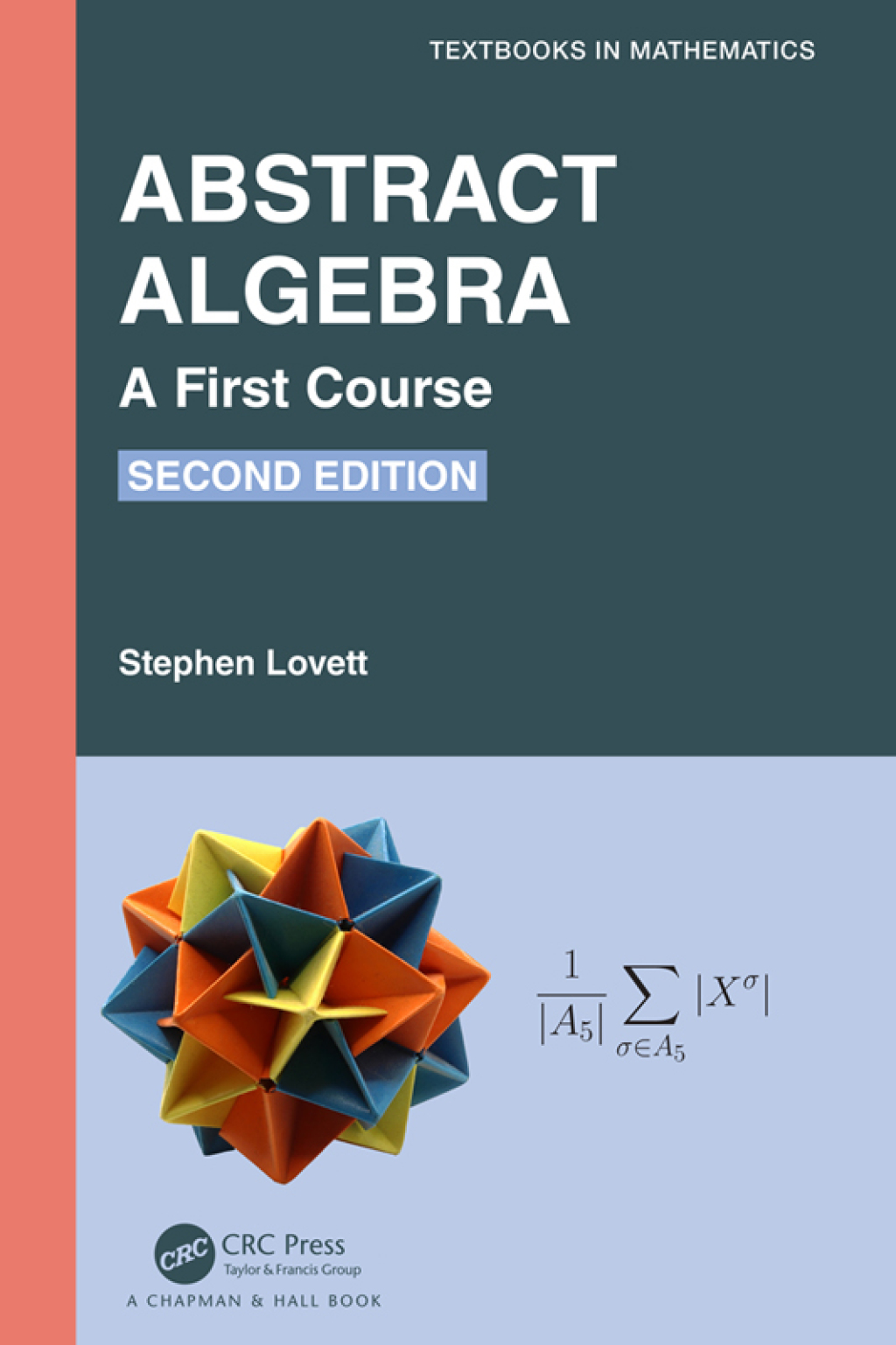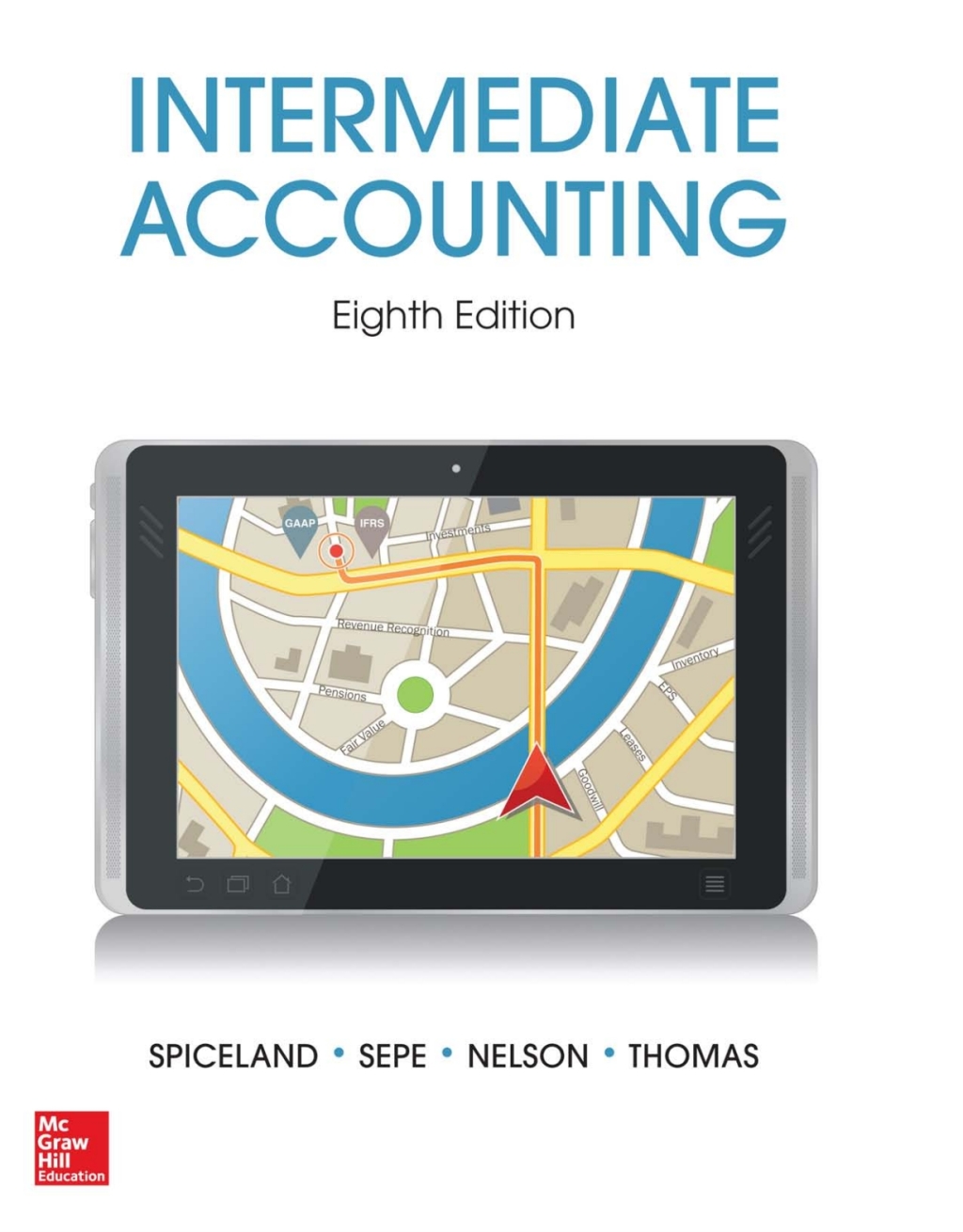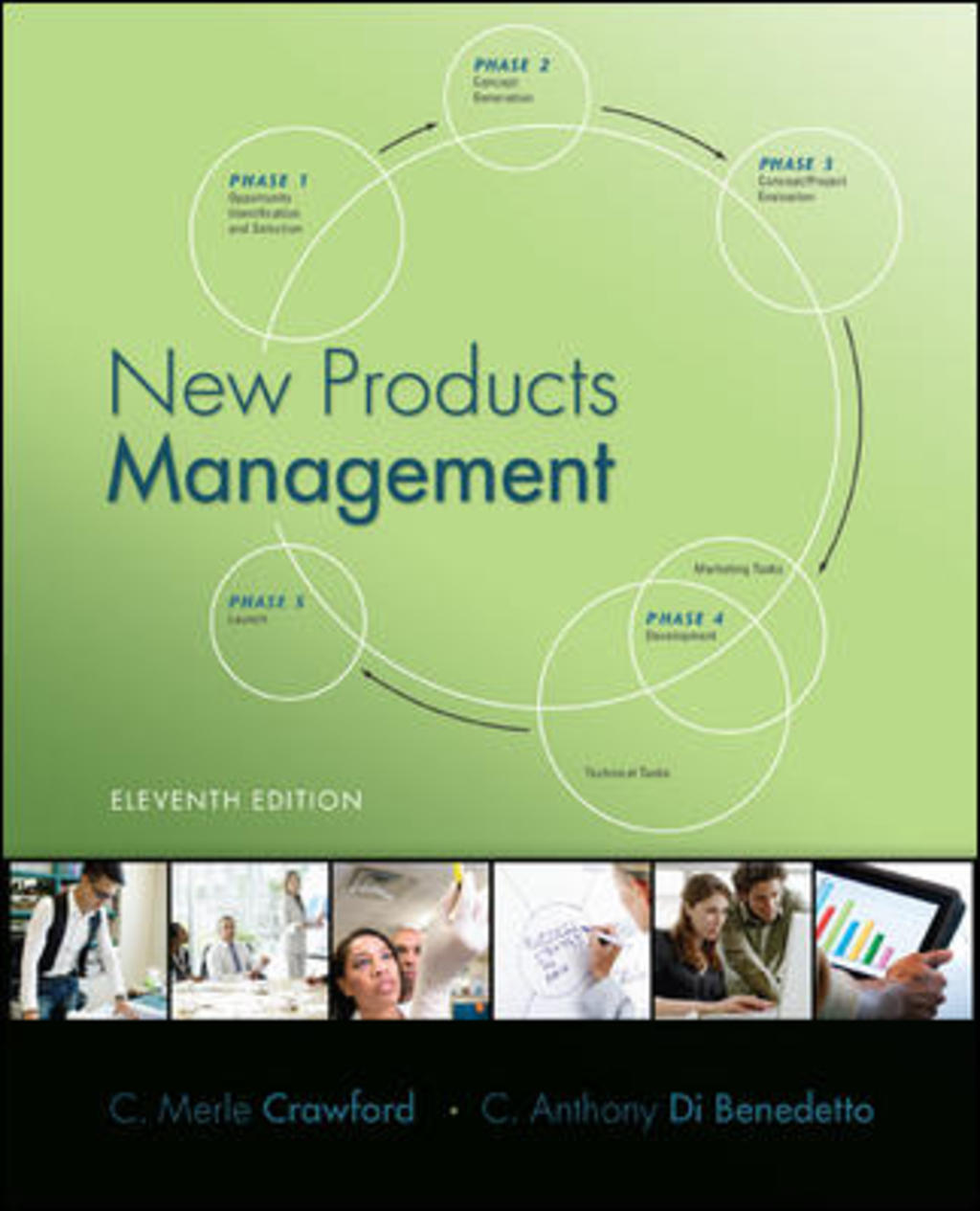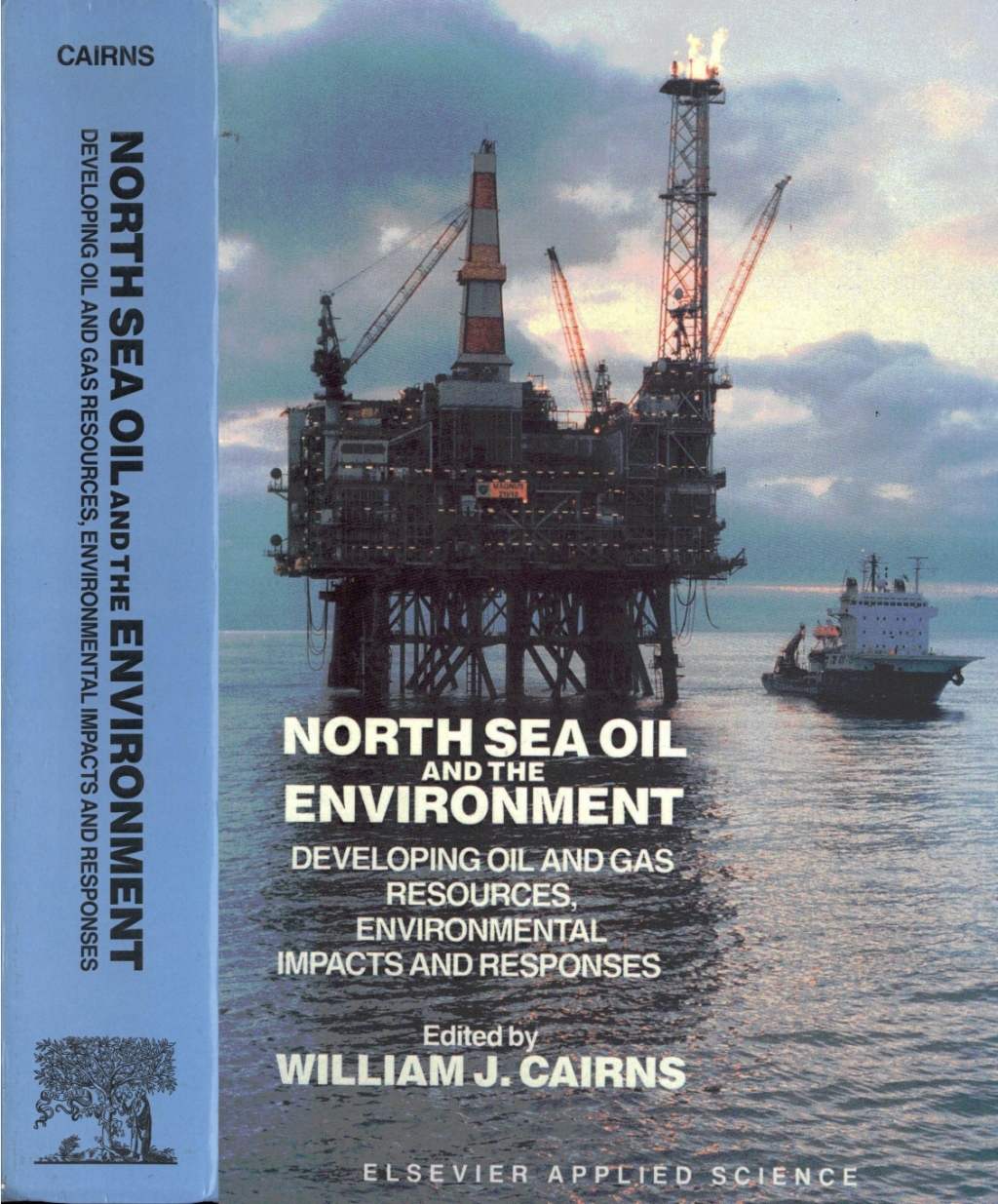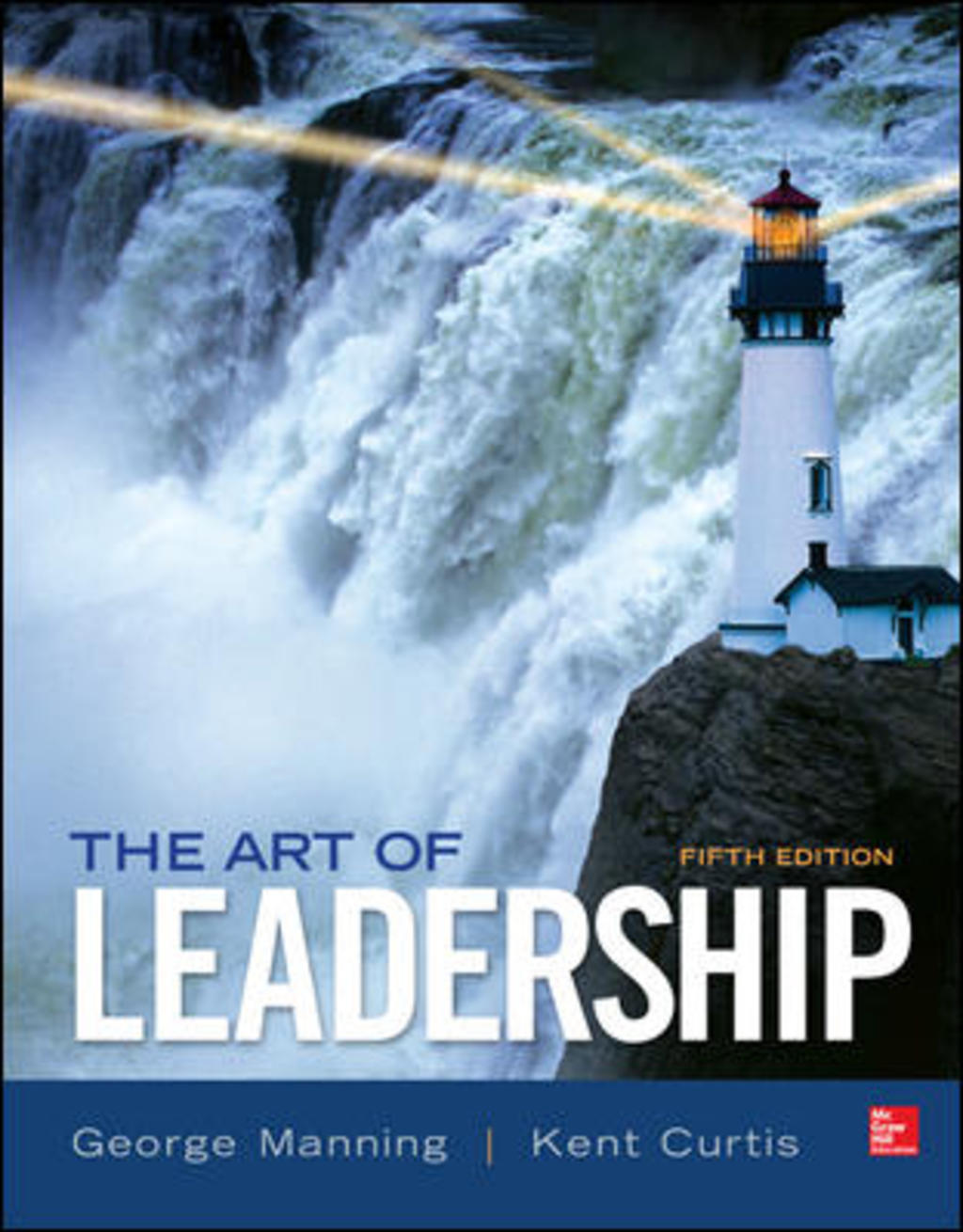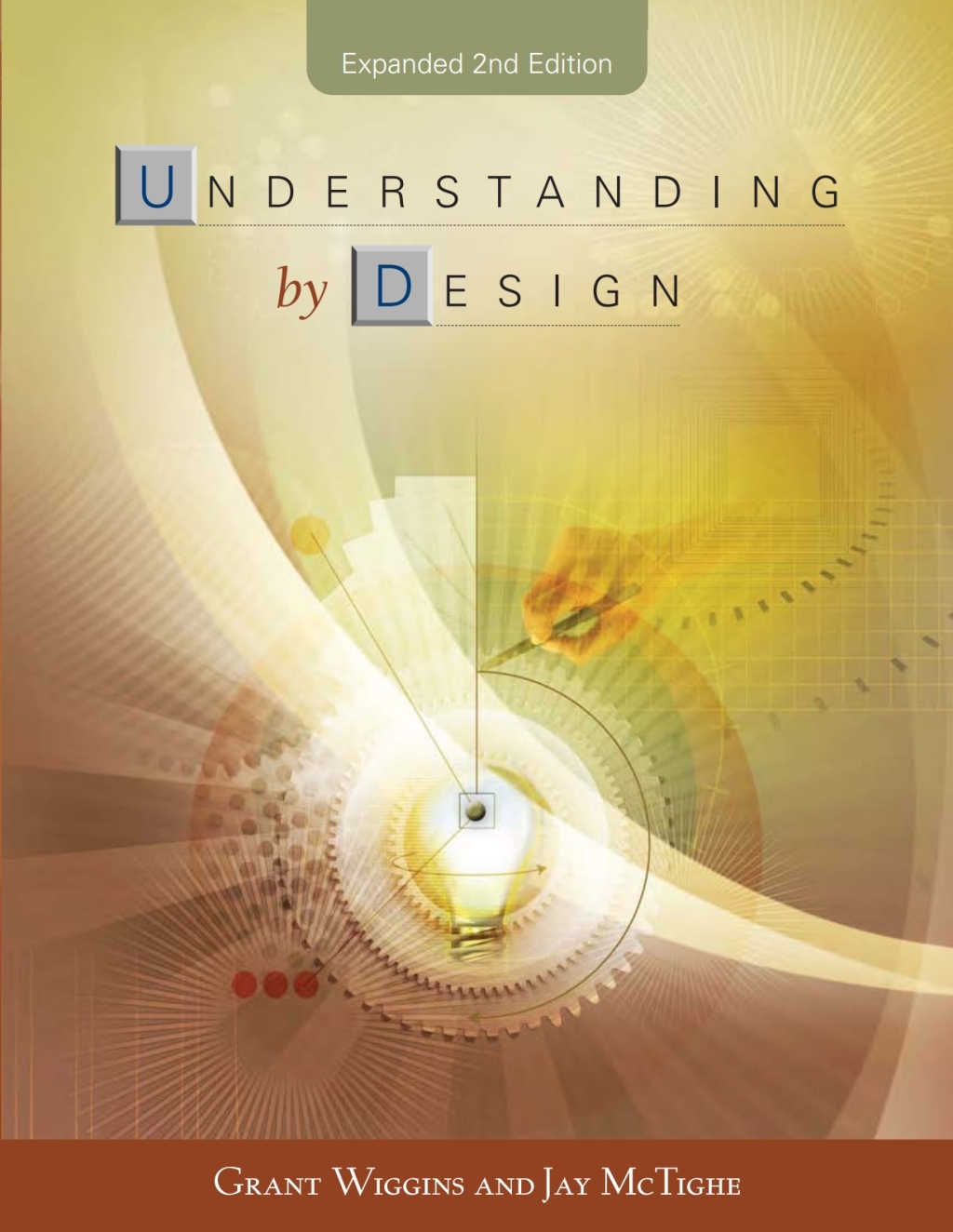Abstract Algebra: A First Course 2nd Edition
Author(s): Dan Saracino
Publisher: Waveland Press
ISBN: 9781577665366
Edition: 2nd Edition
$39,99
Delivery: This can be downloaded Immediately after purchasing.
Version: Only PDF Version.
Compatible Devices: Can be read on any device (Kindle, NOOK, Android/IOS devices, Windows, MAC)
Quality: High Quality. No missing contents. Printable
Recommended Software: Check here
Important: No Access Code
Description
Description
The Second Edition of this classic text maintains the clear exposition, logical organization, and accessible breadth of coverage that have been its hallmarks. It plunges directly into algebraic structures and incorporates an unusually large number of examples to clarify abstract concepts as they arise. Proofs of theorems do more than just prove the stated results; Saracino examines them so readers gain a better impression of where the proofs come from and why they proceed as they do. Most of the exercises range from easy to moderately difficult and ask for understanding of ideas rather than flashes of insight. The new edition introduces five new sections on field extensions and Galois theory, increasing its versatility by making it appropriate for a two-semester as well as a one-semester course.
Related products
Abstract Algebra A First Course 2nd Edition
Author(s): Stephen Lovett
Publisher: Chapman & Hall
ISBN: 9781032289397
Edition: 2nd Edition
$39,99
Delivery: This can be downloaded Immediately after purchasing.
Version: Only PDF Version.
Compatible Devices: Can be read on any device (Kindle, NOOK, Android/IOS devices, Windows, MAC)
Quality: High Quality. No missing contents. Printable
Recommended Software: Check here
Important: No Access Code
Description
Description
When a student of mathematics studies abstract algebra, he or she inevitably faces questions in the vein of, “What is abstract algebra” or “What makes it abstract?” Algebra, in its broadest sense, describes a way of thinking about classes of sets equipped with binary operations. In high school algebra, a student explores properties of operations (+, ‚àÃÂ, √ó, and √∑) on real numbers. Abstract algebra studies properties of operations without specifying what types of number or object we work with. Any theorem established in the abstract context holds not only for real numbers but for every possible algebraic structure that has operations with the stated properties. This textbook intends to serve as a first course in abstract algebra. The selection of topics serves both of the common trends in such a course: a balanced introduction to groups, rings, and fields; or a course that primarily emphasizes group theory. The writing style is student-centered, conscientiously motivating definitions and offering many illustrative examples. Various sections or sometimes just examples or exercises introduce applications to geometry, number theory, cryptography and many other areas. This book offers a unique feature in the lists of projects at the end of each section. the author does not view projects as just something extra or cute, but rather an opportunity for a student to work on and demonstrate their potential for open-ended investigation. The projects ideas come in two flavors: investigative or expository. The investigative projects briefly present a topic and posed open-ended questions that invite the student to explore the topic, asking and to trying to answer their own questions. Expository projects invite the student to explore a topic with algebraic content or pertain to a particular mathematician’s work through responsible research. The exercises challenge the student to prove new results using the theorems presented in the text. The student then becomes an active participant in the development of the field.

